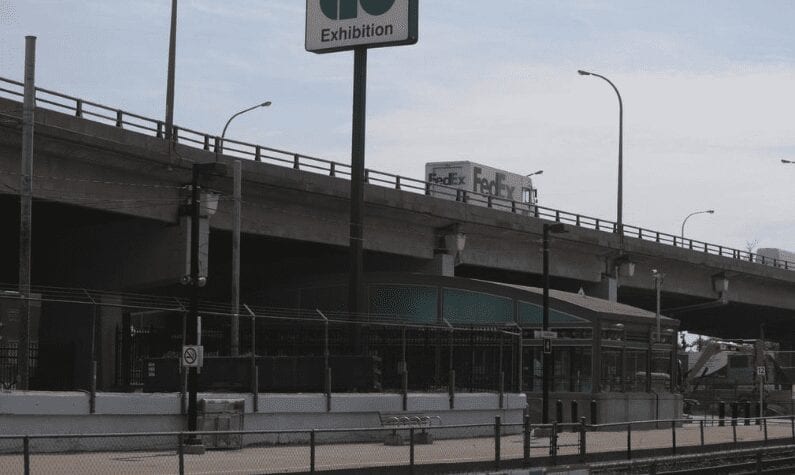Marketing experts say Metrolinx shouldn’t expect private companies to be banging down the agency’s door to buy naming rights for GO Transit stations, but there could be limited opportunities to raise revenue from its plan to sell sponsorships of transit assets.
On Thursday, Metrolinx, the provincial transit agency for the GTHA, issued a notice seeking proposals for a “naming rights opportunity” for GO rail stations.
Transportation Minister Caroline Mulroney said the Progressive Conservative government hopes the plan will send the message that “Ontario is open for business.”
“Transit riders are looking to have an experience that is continually improving, and governments are looking to ways those ways to fund those service improvements in ways that don’t affect fares. So this is one way to do that,” she said in an interview.
The document posted Thursday, which was first reported by the Toronto Sun, states the naming rights opportunity is open to “interested parties in any category,” and Metrolinx will enter into deals that provide “the most financial benefit.”
The document also said companies could, as part of a potential sponsorship agreement, have access to anonymized GO Transit ridership data.
Mulroney said it was too early in the process to say whether the government would bar companies from certain sectors, such as liquor and cannabis production or political groups, from bidding.
While her government is planning to take ownership of the Toronto’s TTC subway network, the minister said the current proposal doesn’t include selling naming rights to those stops.
The notice says Metrolinx is seeking proposals for naming rights at five stations on GO’s busy Lakeshore East and Lakeshore West lines: Whitby, Pickering, Exhibition, Clarkson and Oakville.
According to Metrolinx, the five stops were chosen “based on ridership and strategic geographic locations,” but the agency is also open to proposals for other stations.
The notice doesn’t list how much revenue Metrolinx expects to generate, butthe Sun reported that, according to documents it had obtained, the agency estimates the value of naming rights at up to $500,000 per station per year.
The document states Metrolinx is open to other types of arrangements, including offering companies the right to use the GO brand in its promotions, “experiential opportunities” such as branded areas or retail spaces on station property, and discounted GO or Union Pearson Express tickets for events co-sponsored by private entities.
Chris Gibbs, an associate professor at Ryerson University’s Ted Rogers School of Management, said Metrolinx shouldn’t expect a lot of interest from companies wanting to slap their names on a transit stop.
“My experience with sponsors and brands is that’s not something they’re going to be interested in,” he said.
According to Gibbs, the goal of any sponsorship is to exploit the positive emotional connection the public might have with assets such as sports stadiums or iconic buildings and transfer those feelings to a brand.
“Transportation is not…

 English
English French
French German
German




